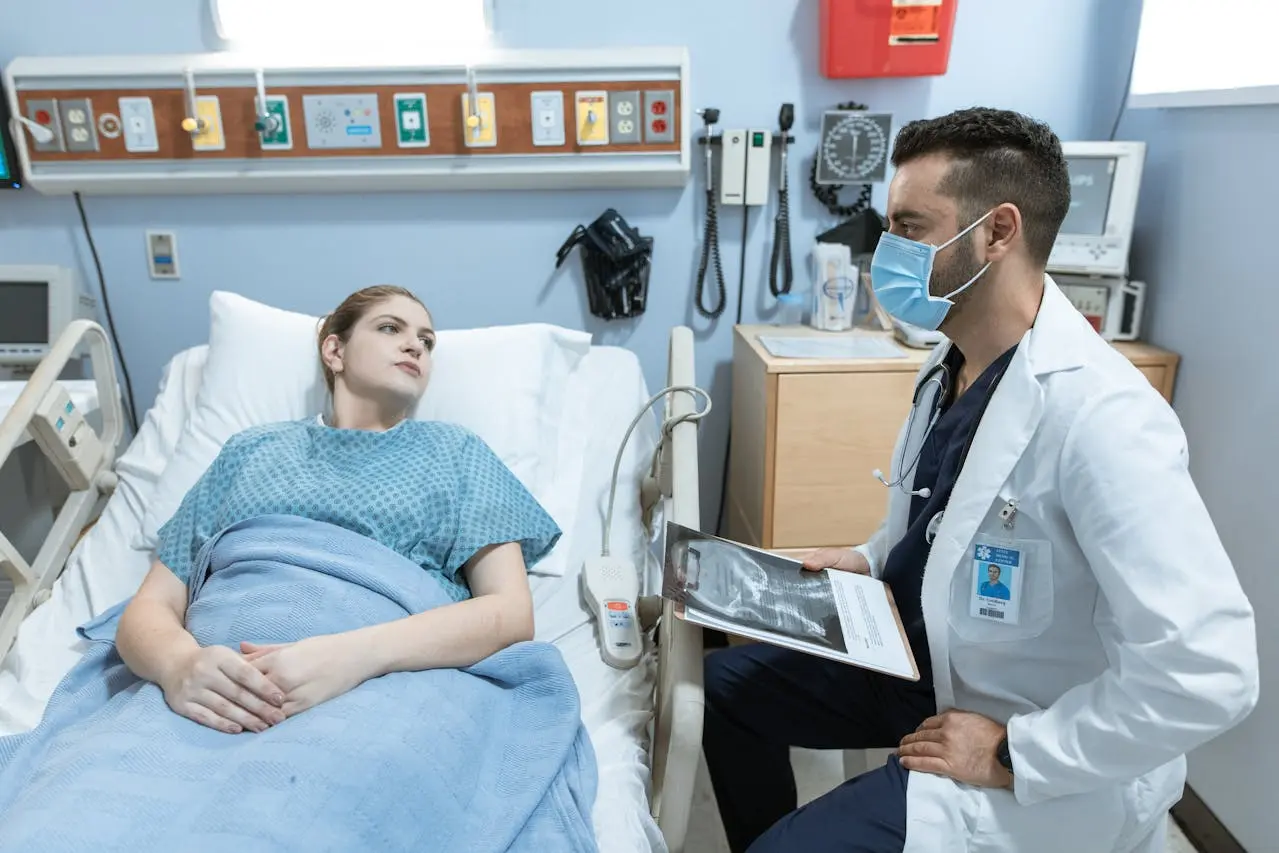
Shionogi & Co., Ltd. recently presented findings at IDWeek 2024 from the PROVE study, the largest global real-world evidence study on cefiderocol (marketed as Fetroja®/Fetcroja®), a siderophore cephalosporin antibiotic for treating seriously ill adult patients with Gram-negative (GN) bacterial infections. The study, conducted from 2020 to 2024, reviewed medical records of 1,075 hospitalized patients worldwide, most with carbapenem-resistant infections. The results demonstrated a 75.1% favorable clinical response rate at the end of treatment, with cefiderocol showing promise against challenging infections in critically ill patients.
The PROVE study focused on patients with GN bacterial infections, 74.6% of which were resistant to carbapenem antibiotics. Most participants were in intensive care units, with respiratory tract infections (RTIs) comprising 53.1% of cases, followed by urinary tract infections (10.6%) and bloodstream infections (10%). Common pathogens included Pseudomonas aeruginosa, Acinetobacter baumannii, and Enterobacterales. Cefiderocol’s effectiveness was evident across infection types, with response rates of 71.6% for RTIs, 74.1% for bloodstream infections, and 91.2% for UTIs. However, the 30-day all-cause mortality rate stood at 23.3%, highlighting the severe condition of the patient population.
“Patients with resistant Gram-negative bacterial infections present a significant treatment challenge,” said Dr. Cornelius Clancy of the University of Pittsburgh. “While antibiotics typically undergo approval based on randomized clinical trials, real-world data like the PROVE study provides valuable insights into how these treatments perform in actual clinical settings.” The study reinforced cefiderocol’s role as an important option for managing carbapenem-resistant infections.
The safety profile of cefiderocol was also evaluated. There were 29 reported adverse drug reactions (ADRs) among 25 patients, including three serious cases, and 13 patients discontinued treatment due to ADRs. The PROVE findings provide clinicians with data to better understand cefiderocol’s real-world application and to optimize treatment strategies for patients with severe bacterial infections.
Additional studies presented at IDWeek 2024 highlighted cefiderocol’s potent in vitro activity against emerging pathogens resistant to other treatments. Two studies focused on its efficacy against multidrug-resistant Pseudomonas aeruginosa and Enterobacterales that were non-susceptible to various beta-lactam/beta-lactamase inhibitor combinations. Cross-resistance was observed among these inhibitors, but not with cefiderocol, indicating its unique potential to combat such resistant strains.
Furthermore, cefiderocol maintained activity against bacteria producing metallo-beta-lactamases (MBL), enzymes that can deactivate most antibiotics and are increasingly prevalent worldwide. Studies showed cefiderocol’s effectiveness against clinical isolates of Pseudomonas aeruginosa and Enterobacterales harboring MBL genes, offering hope for managing infections with limited treatment options. Dr. Jose Alexander from AdventHealth noted, “These findings suggest that cefiderocol could improve antimicrobial susceptibility testing and expedite treatment decisions based on resistance markers.”
Shionogi’s longstanding commitment to infectious disease research and addressing antimicrobial resistance (AMR) spans over six decades. The company collaborates with organizations like the Global Antibiotic Research and Development Partnership (GARDP) and the Clinton Health Access Initiative (CHAI) to enhance access to antibiotics worldwide. Given the global health threat posed by AMR, with millions of deaths attributable to drug-resistant bacteria, Shionogi’s efforts are crucial in the ongoing battle against these pathogens.
Cefiderocol is approved under different brand names in various regions for treating infections due to susceptible GN organisms, with indications including complicated urinary tract infections and hospital-acquired bacterial pneumonia. It remains a key player in Shionogi’s strategy to combat resistant infections and improve patient outcomes globally.




